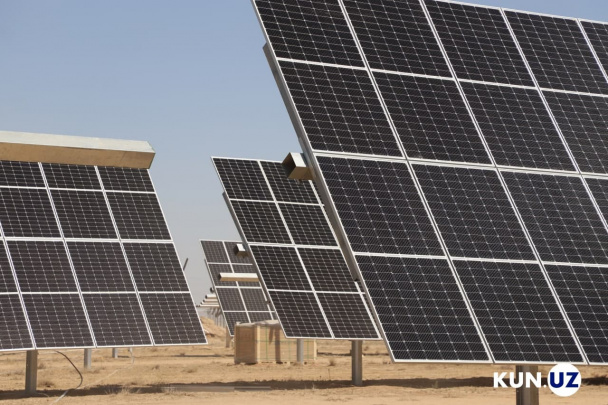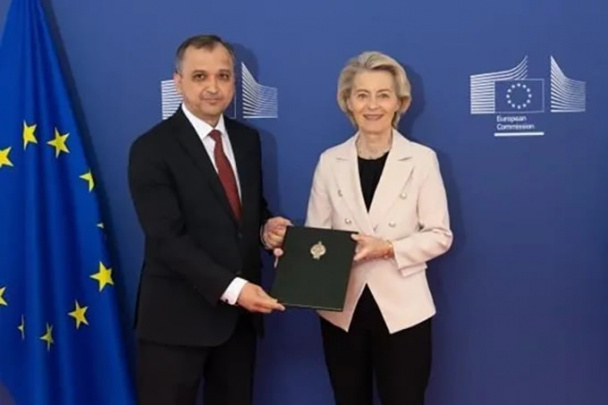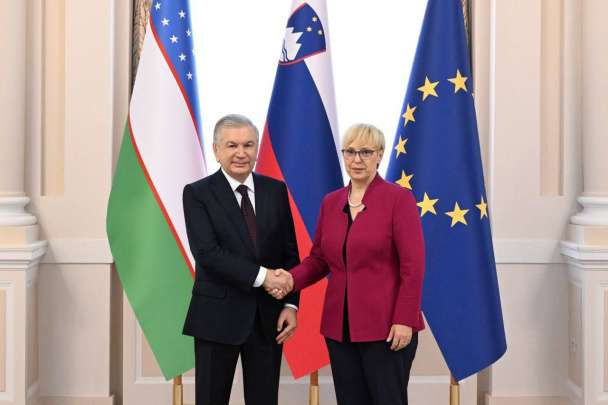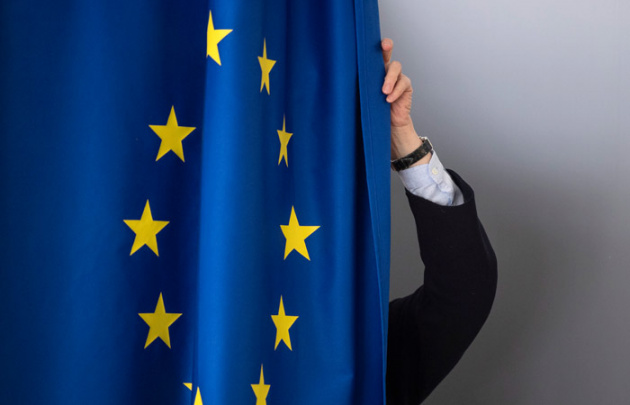Uzbekistan seeks to participate in project to supply renewable energy to Europe via the Caspian Sea
According to German expert Katlin Göbel, this initiative will contribute to sustainable development in the region.

Photo: Kun.uz
In an interview with "Dunyo," Katlin Göbel, a German Islamic scholar and head of the organization Cultur-Cooperation International e.V., shared her views on German Chancellor Olaf Scholz’s recent remarks at the second "Central Asia + Germany" summit held in Astana.
She noted that the summit in Astana marked a significant step toward strengthening Germany's cooperation with the countries of the region.
“Chancellor Olaf Scholz's efforts to enhance cooperation in energy security, industrial development, and renewable energy sources reflect Germany’s strategic commitment to this partnership.”
Particularly noteworthy were the proposals of Uzbekistan's President Shavkat Mirziyoyev to expand cooperation with Germany in the fields of agriculture, transport, and "green" energy. At the same time, Uzbekistan’s involvement in the project to deliver renewable energy to Europe via the Caspian Sea will contribute to sustainable development in the region.
One of the key issues that caught my attention is the water problem in Central Asia. It is known that glaciers in the region have shrunk by 16% in recent years, and this figure could reach 80% by the end of the century. Water scarcity caused by climate change poses a significant threat to Central Asia. Germany's involvement in addressing this issue will help improve the efficient use of water resources in the region. By introducing energy and water-saving technologies, the demand for water can be sustainably met, further strengthening cooperation between Germany and Central Asia.
Additionally, Germany's decision to simplify the visa process for Uzbek citizens and its plan to employ 800 Uzbek nurses in German hospitals represent practical steps in bilateral cooperation. Furthermore, President Mirziyoyev’s proposal to establish the "Central Asia – Germany" forum for analytical centers and hold its first session next year in the historic city of Khiva, where the German Mennonite community once lived, is significant in deepening regional dialogue and cooperation.
Related News

17:20 / 27.05.2025
Uzbekistan’s ambassador presents credentials to European Commission President

18:40 / 22.05.2025
Uzbekistan eyes EU market access through Slovenia’s Port of Koper

12:04 / 22.05.2025
Rising tally: Another Uzbek company faces EU sanctions

13:44 / 21.05.2025



